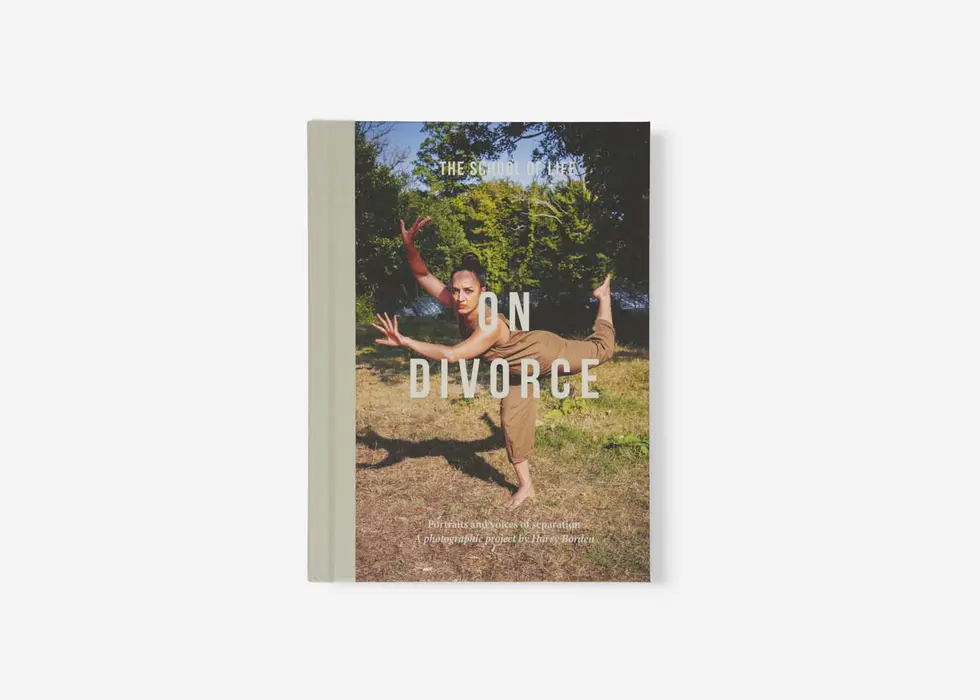Relationships • Compatibility
On Picking a Socially Unsuitable Partner
For most of human history, the idea of picking a socially suitable partner was at the forefront of our considerations at the time of marriage. A young lawyer needed to have a ‘suitable’ spouse; the daughter of a Duke needed a certain kind of consort – as did the ambitious junior doctor, the acclaimed poet and the brilliant mathematician. How one’s partner would look and sound at a gala reception, one’s cousin’s wedding or a professional evening weighed heavily upon one’s choices. Many an otherwise emotionally satisfying union would have been taken off the cards on the grounds that the prospective partner simply would not ‘fit in.’
We have grown far more coy about such concerns in our time. We like to believe that no social considerations would ever stop us from committing to a given person. Our Romantic ideology privileges the heart over the social circle. Who cares if they happen not to know anything about the music our friends esteem? What matter if they’ve never read a book? Or read all the time? Or dress like a farmer? Or a banker? Surely no one will hold it against them that they have no money – or far too much of it? Who is going to mind if they are a mechanic, or a brain surgeon? If they only recently left university? Or are already drawing their pension? We don’t think like our great-grandparents…
Except, sometimes, in a secret bit of our minds, we do. It’s a little unfair on us to imagine that some of these worries should not continue into our era. We are pack animals, we’re wired to worry about what the herd will think and it remains not entirely easy to walk into certain parties and say blithely, ‘This is my partner,’ when they happen to be – let’s say – the only one who dresses in cardigans, or hasn’t read any psychoanalysis or grew up in a bedsit, or went to Harvard or has a home in Beverley Hills or loves Chopin or Kraftwerk.
As we look at history, we do see certain people who appear – somewhat magically – not to have worried as much as we do. The painter Francis Bacon used to go around London’s grand houses for dinner with his boyfriend George Dyer in tow; a drug dealer and petty thief with splendid hair, a throaty American motorbike and underground connections. Bacon would often joke to his hostesses: ‘We might need to shake him down after the meal to see if he hasn’t made off with the silverware.’ There was the artist Henri Matisse who moved in highly educated and avant garde circles and yet married an uneducated milliner, Amélie Noellie Parayre, who had very little interest in art and loved to garden and chat with Henri about horse racing and fish recipes. Or in the 19th century, one thinks of the acclaimed novelist George Sand who had a long-term relationship with Alexandre Manceau, her secretary, 15 years younger, a handsome vigorous man who was socially and intellectually reticent, but whom she could mother as she wanted and with whom she enjoyed an extremely sexually active and emotionally nourishing relationship.

What enabled these people to stick by their choices was not, as we might imagine, simply an ingrained bohemian indifference or innate confidence. Something far more relevant and applicable was at play. These people understood that love is a specialised function rather than a general skill, which means that a good lover does not – and logically cannot – impress across all areas of our lives. The more demanding and specific we are about what we want from a partner, the less they can and have to prove suitable to every situation.
Francis Bacon didn’t care whether George Dyer knew what fork to use at dinner, because he had a sharp sense, honed over years, that this wasn’t what he wanted a partner for. He had academic, aristocratic, political and financial friends for many occasions. What he knew he needed from a partner was someone who could rough him up in bed and go drinking with him in dive bars, and if that was working well, then the perspicacity of Dyer’s views on house prices in Kensington or the future of interest rates were neither here nor there. Likewise, George Sand understood that what she needed of a lover was not yet another person who could chat to the Duke or the Admiral about France’s colonial policies but someone who could allow her to explore her wish to mother a much younger, devoted man.
If one was introducing one’s dentist, osteopath, IT expert or accountant to one’s social group, it would be immediately understood that such people would not have to ‘fit in’ in any obvious way. They would be in one’s life to fulfil a specific function and this would spare them any pressure to know the right songs or what direction to pass the butter dish.
We should consider our needs in love in exactly these specialised terms. Whatever we may have assumed, we are not – in the end – generalists. Though we may not yet have uncovered them with the clarity they deserve, we too have very specific needs of those we partner with. A good lover for us isn’t someone who can perform well on the widest stage, it’s someone who can follow us with particular talent and goodwill into the core areas of our lives – which may well mean that they will be less than stellar at the party at the castle or a bit hamstrung at the nightclub. The more we appreciate who we are and what we are in need of, the less we will have to care about the more general impression our partners make.
The clue to more independent choices in love isn’t confidence; it’s self-knowledge.


























